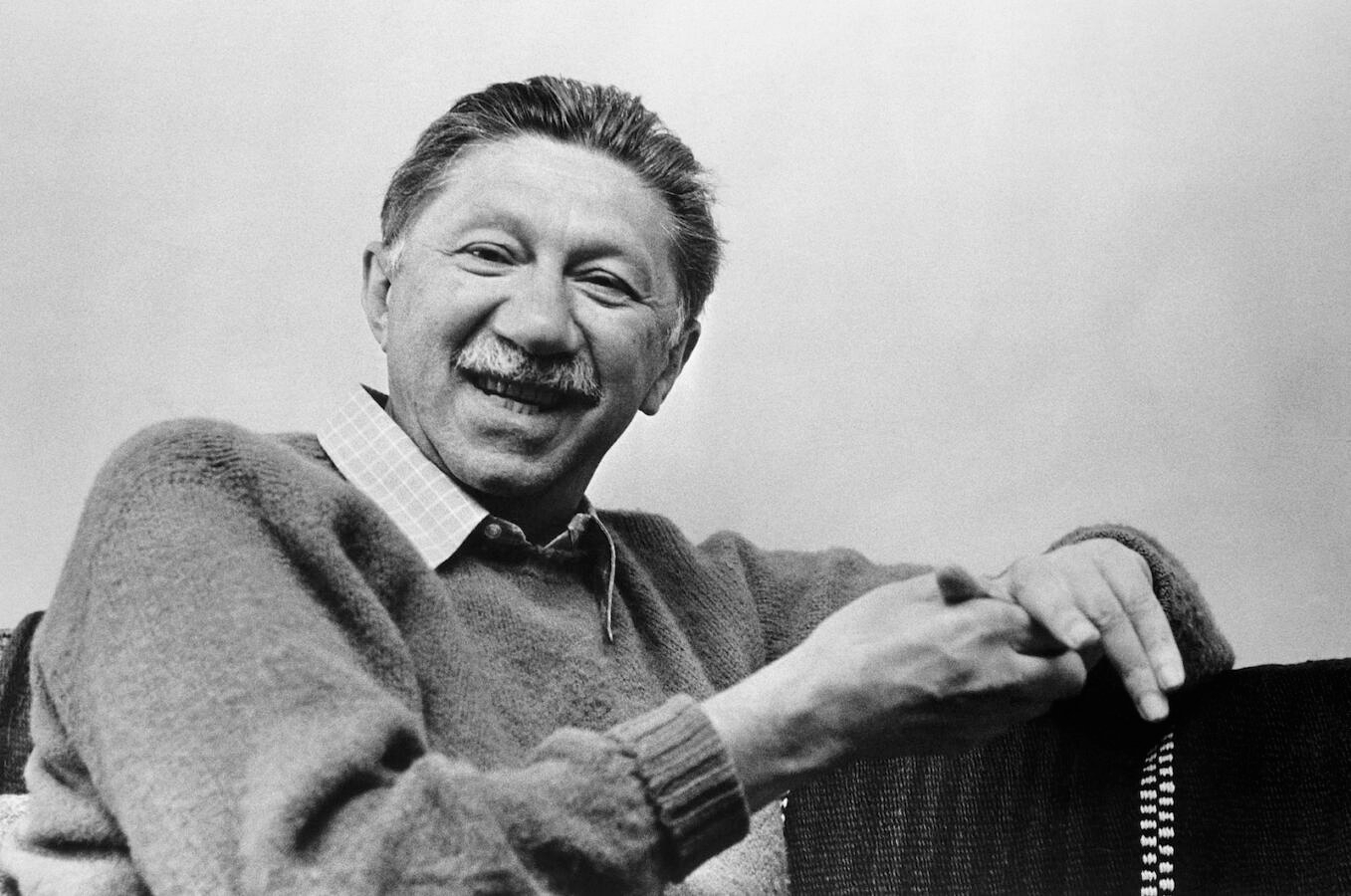It has become an axiom of modern civilization that happiness is crucial. Thomas Jefferson began the Declaration of Independence by asserting that everyone has certain inalienable rights, among them life, liberty and the pursuit of happiness.
But defining happiness is harder than one might think, and Jefferson seems to have been aware of this. Perhaps this was why he didn’t suggest that everyone has a right to happiness, only to the pursuit of it.
In 1943, Abraham Maslow, one of postwar America’s most influential psychologists, authored a paper titled “A Theory of Human Motivation,” in which he proposed that all humans are subject to a “hierarchy of needs.” Whether or not he modeled this hierarchy on Jefferson, his list of needs is remarkably congruent with Jefferson’s three essential rights.
At the bottom of Maslow’s list are physiological needs and safety needs — a human’s basic biological necessities and need for security, comparable to Jefferson’s right to life. The next two are love/belonging and esteem, the combination of which roughly equates to the concept of human liberty — namely, the need to feel comfortable and respected, free to be oneself and free from the fear of rejection or denigration.

Help us keep Jewish knowledge accessible to millions of people around the world.
Your donation to My Jewish Learning fuels endless journeys of Jewish discovery. With your help, My Jewish Learning can continue to provide nonstop opportunities for learning, connection and growth.
At the top of Maslow’s list is self-actualization, which he proposed as ultimate self-fulfillment — firstly by achieving the other items on the list, and then by realizing one’s highest potential and achieving true contentment. This sounds like happiness, and would certainly be a lifelong journey, requiring regular adjustments and evaluations along the way.
Although Maslow was born Jewish, he was an avowed atheist and never gave much attention to God in his writings or teachings. God and religion are both notably absent from his hierarchy. But toward the end of his life, Maslow seems to have had an epiphany, adding a final need to his list, which he presented as the ultimate goal of every human being. He defined this need as self-transcendence — setting goals that transcend one’s human limitations and having aspirations that are altruistic and spiritual.
I have always found Maslow’s change of heart incredibly inspiring, not only because it takes courage to shift so dramatically from a paradigm with which one is so closely associated, but also because it is evidence of Maslow’s instinctive Jewishness. For his entire life, Maslow had attempted to distance himself from his Jewish roots, which he associated with regression. Nevertheless, it seems that this piece of his identity persevered.
Long before the modern era, Judaism stressed happiness as an important and powerful ideal. The crucial difference between Judaism’s happiness, as defined by the Torah and the Talmud, and Western civilization’s understanding of happiness, is precisely the distinction between Maslow’s self-actualization and self-transcendence.
Self-actualization is purely ego-driven and utterly self-contained. It is the perfect aspiration for an atheist humanist, which is precisely how Maslow defined himself. Even the self-actualizing love for another human being, even if it feels good to the person receiving that love, is really all about the person giving the love feeling good about themselves. If at any moment the relationship no longer feels good, a self-actualizing lover could quite justifiably end that relationship. It would just be a natural step in the individual pursuit of happiness.
But if happiness is defined as self-transcendence, as the pursuit of goals that lie beyond personal gratification, the scene changes quite dramatically. It begins to sound far more like the joy that this week’s Torah portion says will come to those who offer the first fruit of their harvest to the priests in the Temple in Jerusalem: “And you shall rejoice, together with the Levite and the stranger in your midst, all the bounty that the LORD your God has bestowed upon you and your household.” (Deuteronomy 26:11)
If we subscribe to the self-actualization model of happiness, eating the first fruits is the ultimate high – a physical embodiment of our human potential. Giving them away would make no sense. But if we adopt the self-transcendence model, sharing the first fruits rather than keeping them is a perfect example of the pursuit of happiness.God hardly needs us to be agents of charity and altruism. But God enables us to be givers — not so we can give ourselves pleasure, but so that we can give pleasure to others, even if that occasionally results in our own discomfort or loss. Simcha – happiness – is not just about the pursuit of self-serving ends. It is about being beacons of goodness for the world around us.
This article initially appeared in My Jewish Learning’s Shabbat newsletter Recharge on Aug. 28, 2021. To sign up to receive Recharge each week in your inbox, click here.



